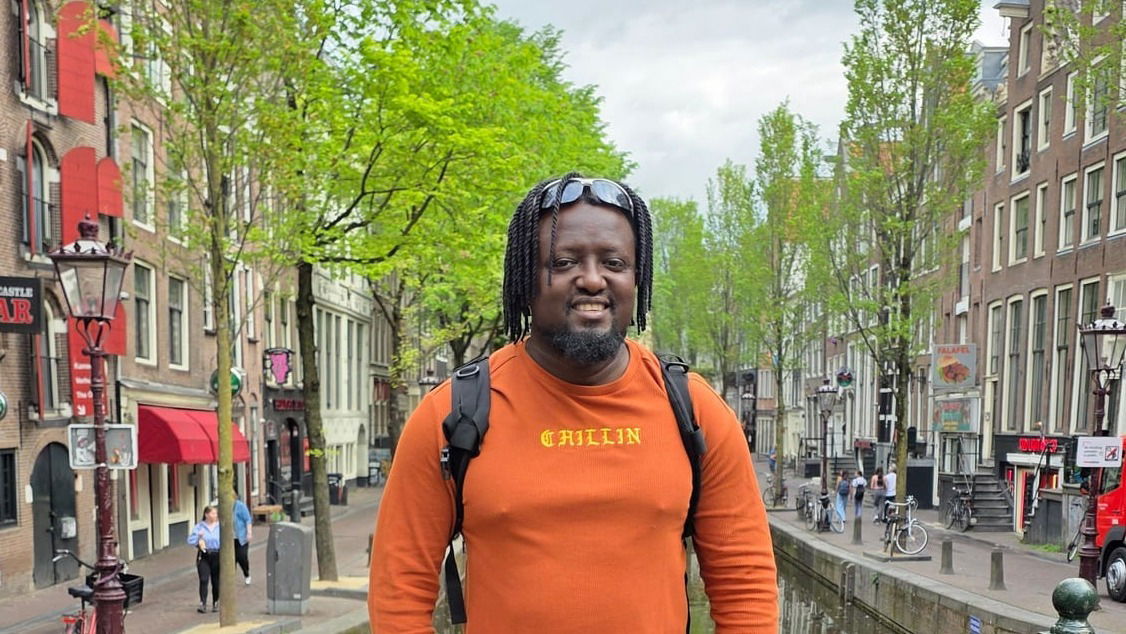5 Things That Are Illegal in Most of the World But Legal in Amsterdam

Amsterdam, the charming Dutch capital known for its canals, bikes, and picturesque architecture, is also one of the most progressive cities on Earth. But behind its cobbled streets and tulip-lined parks lies a culture of tolerance that surprises many travelers. Several activities that are frowned upon or outright banned in most countries are legal in Amsterdam and regulated and normalized.
1. Recreational Cannabis Use
Let’s start with the most famous example. While cannabis is still illegal in most countries, including across much of Europe, Amsterdam has long been known for its tolerant approach to marijuana. In licensed coffeeshops across the city, adults can legally purchase and consume small amounts of cannabis. The Dutch government doesn't exactly legalize cannabis but instead decriminalizes it under a policy of tolerance (gedoogbeleid). It's regulated to prevent abuse while allowing personal freedom, a delicate balance that’s drawn travelers from across the globe.
2. Sex Work
In most countries, prostitution is illegal or heavily criminalized. But in Amsterdam, sex work is treated as a legitimate profession. The city’s Red Light District isn’t just a tourist curiosity, it’s a place where sex workers operate under strict health and safety regulations. They pay taxes, have access to medical care, and are protected under Dutch labor laws. The system is designed to reduce exploitation and human trafficking, making Amsterdam a global case study in pragmatic lawmaking.
3. Psilocybin Truffles (Magic Truffles)
While many countries consider psychedelic substances like psilocybin mushrooms illegal, Amsterdam permits the sale of magic truffles a milder, underground part of the mushroom that contains the same psychoactive compound. These are legally sold in smart shops and used by many for guided psychedelic experiences or personal insight. The sale and use are strictly regulated, and users must be over 18. Unlike recreational drug markets elsewhere, Amsterdam’s psychedelic scene focuses heavily on safety, education, and intention.
4. Euthanasia and Assisted Dying
This one isn’t about personal pleasure, it’s about personal dignity. In the Netherlands, euthanasia and assisted dying are legal under very strict conditions. While still controversial and illegal in much of the world, Dutch law allows terminally ill patients or those suffering unbearably to end their life with medical supervision. It’s a deeply human issue, and the Dutch approach emphasizes compassion, consent, and comprehensive ethical review.
5. Home Births with Midwives
While not exactly illegal in other countries, home births are often discouraged or considered risky and irresponsible in many parts of the world. In Amsterdam and the Netherlands at large, they are a normalized part of maternity care.
The country has one of the highest rates of home births in the developed world, with professional midwives guiding the process. The Dutch trust in natural birthing methods and empower women to choose how they bring life into the world, a freedom that’s rare elsewhere.
Amsterdam’s unique legal landscape isn’t just about being rebellious or liberal, it reflects a deep-rooted Dutch value: practical tolerance. The city's approach to laws is often less about moral judgment and more about managing human behavior in a safe, inclusive, and open-minded way.
For travelers, it’s a place of cultural shock and reflection, a reminder that “legal” and “illegal” are often products of tradition and perspective. And for locals, it’s just another day.


